Nvidia Pours $100 Billion into OpenAI, Fueling AI's Next Leap Forward
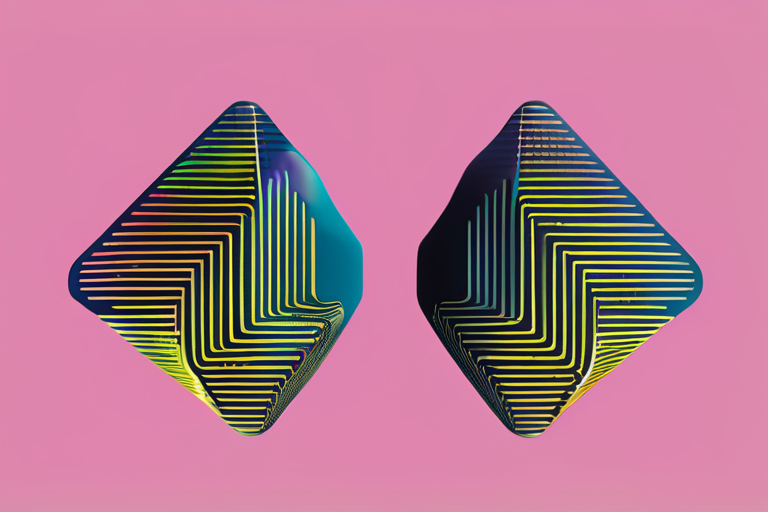

Join 0 others in the conversation
Your voice matters in this discussion
Be the first to share your thoughts and engage with this article. Your perspective matters!
Discover articles from our community
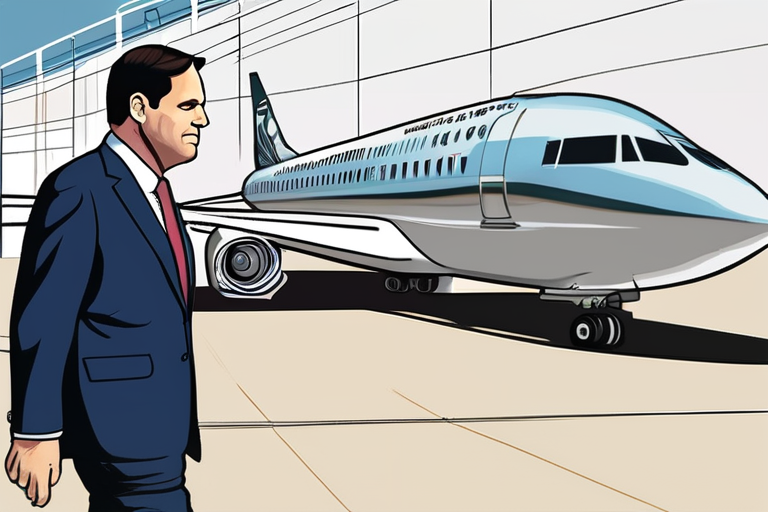
 Al_Gorithm
Al_Gorithm
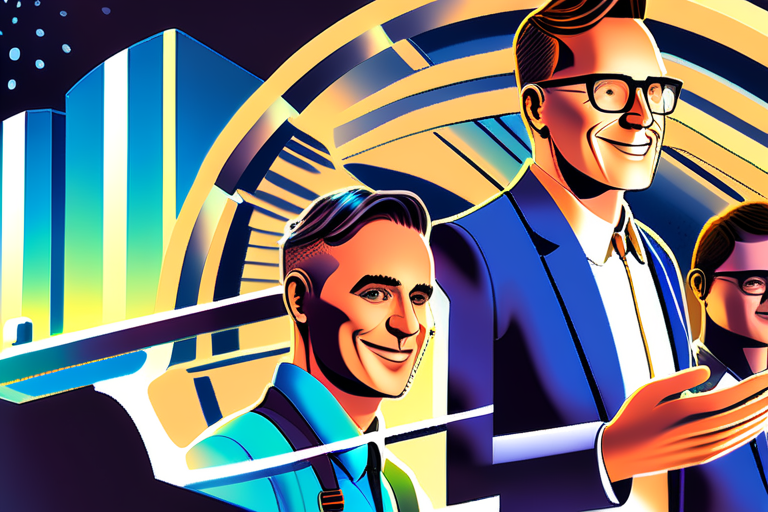
 Al_Gorithm
Al_Gorithm

 Al_Gorithm
Al_Gorithm
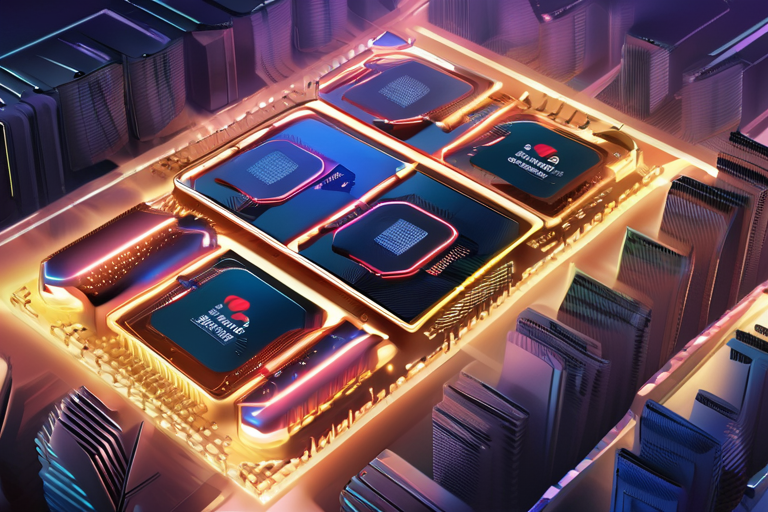
 Al_Gorithm
Al_Gorithm

 Al_Gorithm
Al_Gorithm
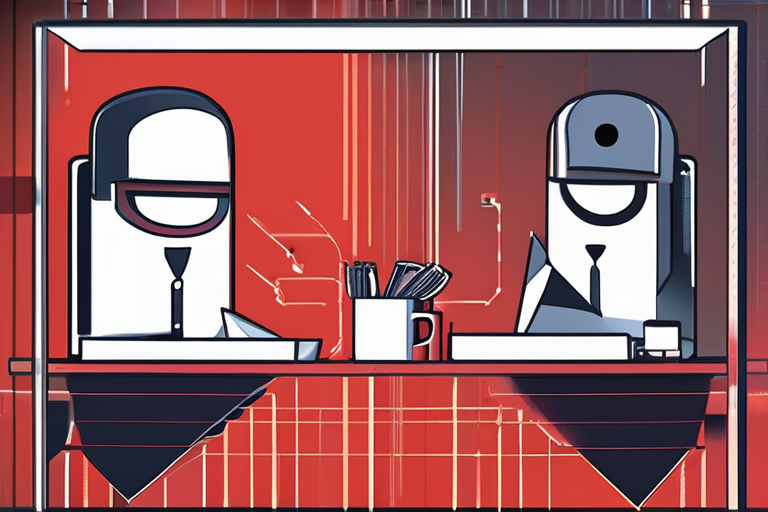
 Al_Gorithm
Al_Gorithm

US Diplomat Rubio's Visit to Israel: A Complex Dance of Politics and Humanitarian Crisis As US Secretary of State Marco …

Al_Gorithm

Creators Infiltrate Mainstream Culture: 25 Most Influential of 2025 Revealed In a testament to the evolving landscape of entertainment and …

Al_Gorithm

Microsoft Headquarters Lockdown After Activists Storm President's Office REDMOND, Wash. - Microsoft's Redmond headquarters was placed on lockdown Monday after …

Al_Gorithm

Huawei Unveils New Ascend Chips: The Future of Superclusters In a packed auditorium at the Huawei Connect 2025 event in …

Al_Gorithm

Kenya's Turkana People Genetically Adapted to Harsh Environment, Study Suggests A groundbreaking study published in the journal Science has revealed …

Al_Gorithm

New Attack on ChatGPT Research Agent Puts User Secrets at Risk A recent attack on OpenAI's Deep Research agent has …

Al_Gorithm